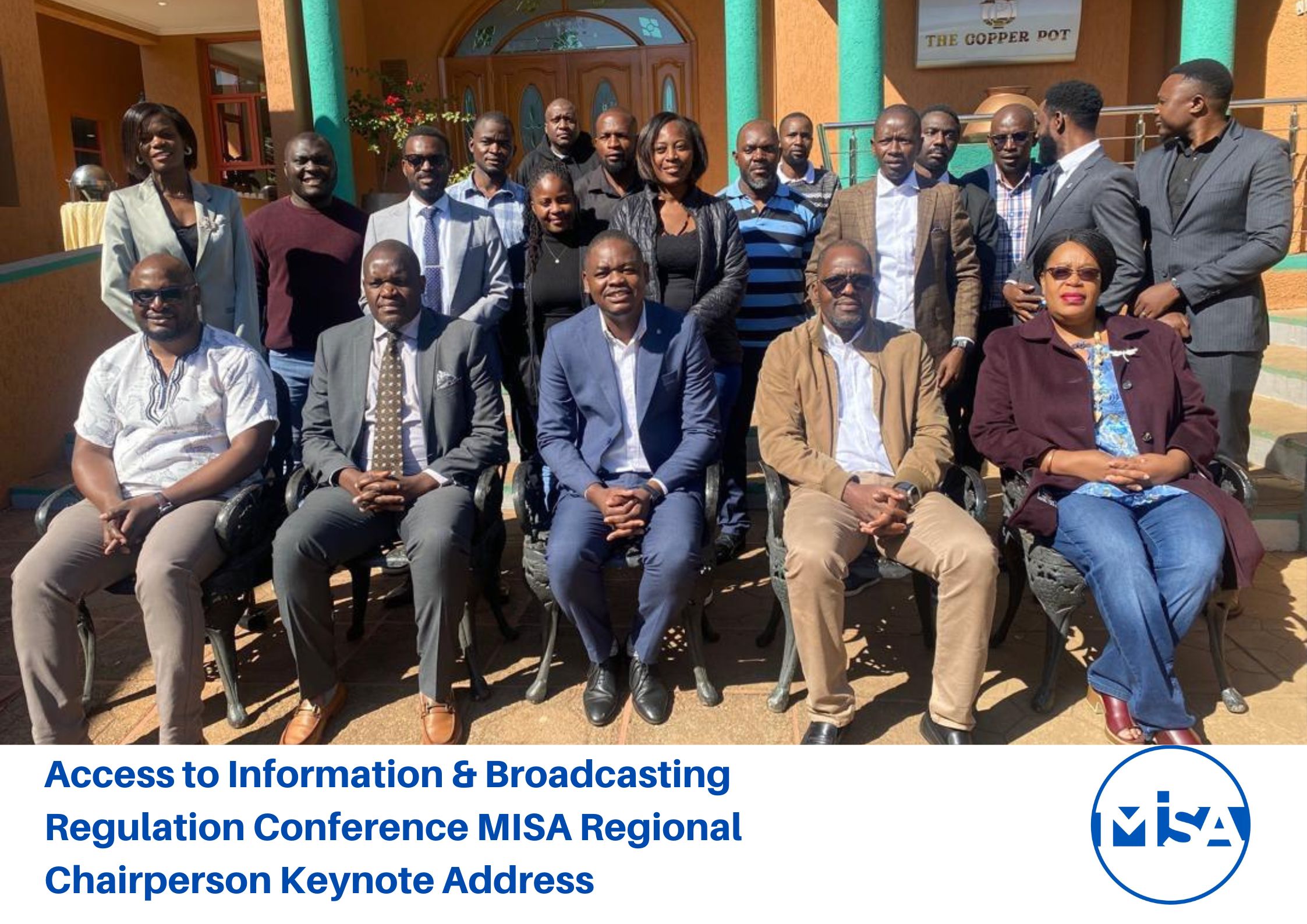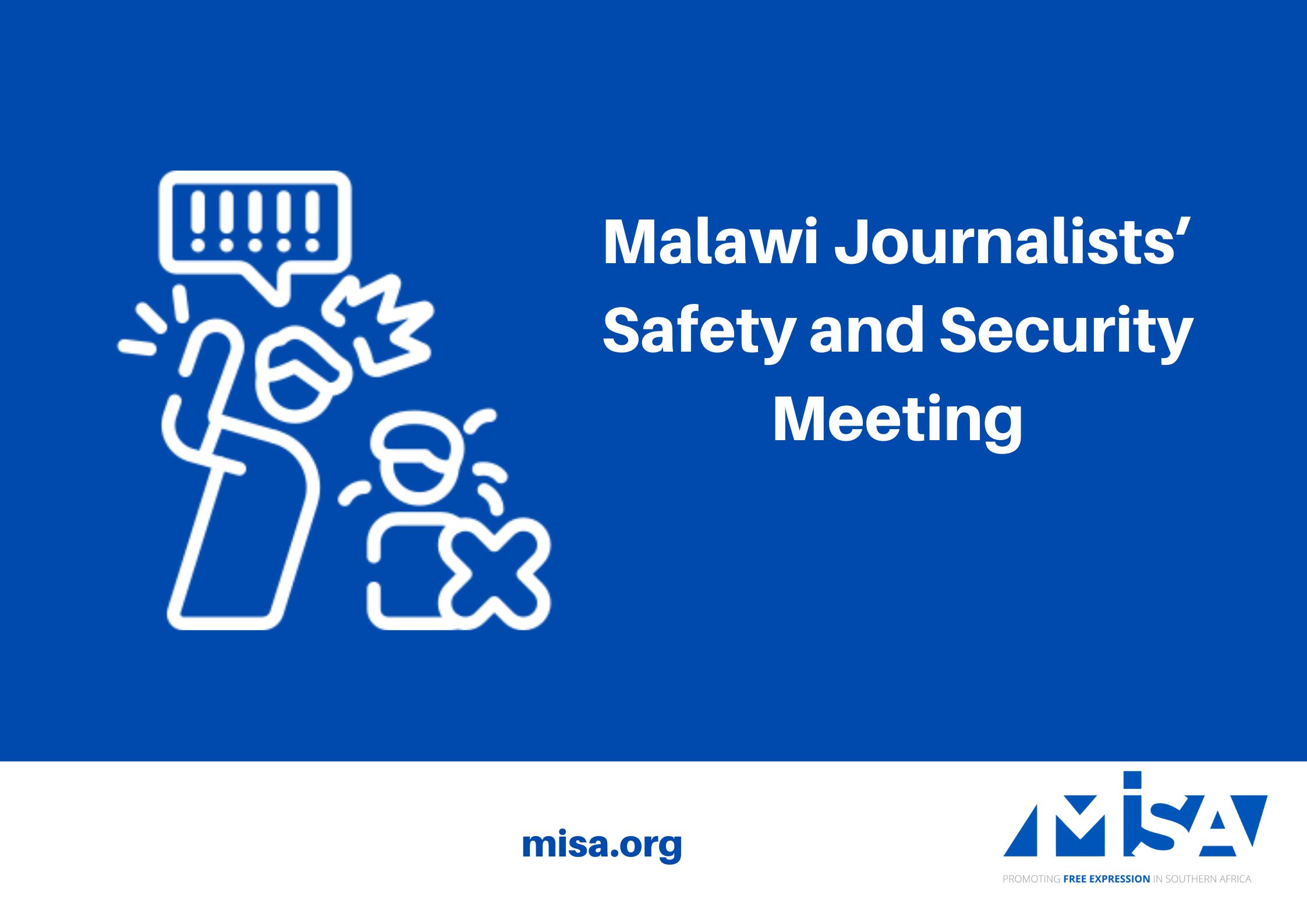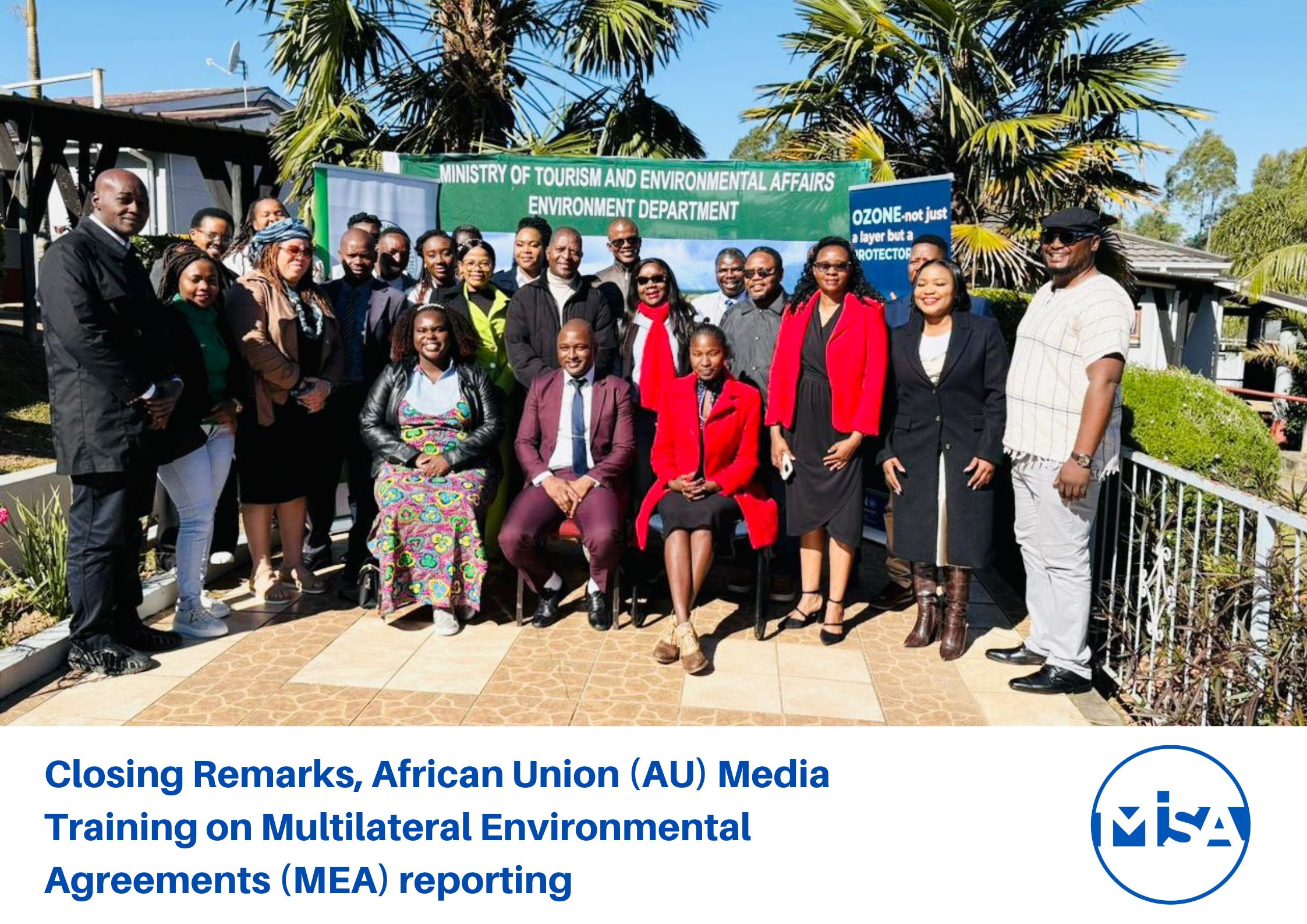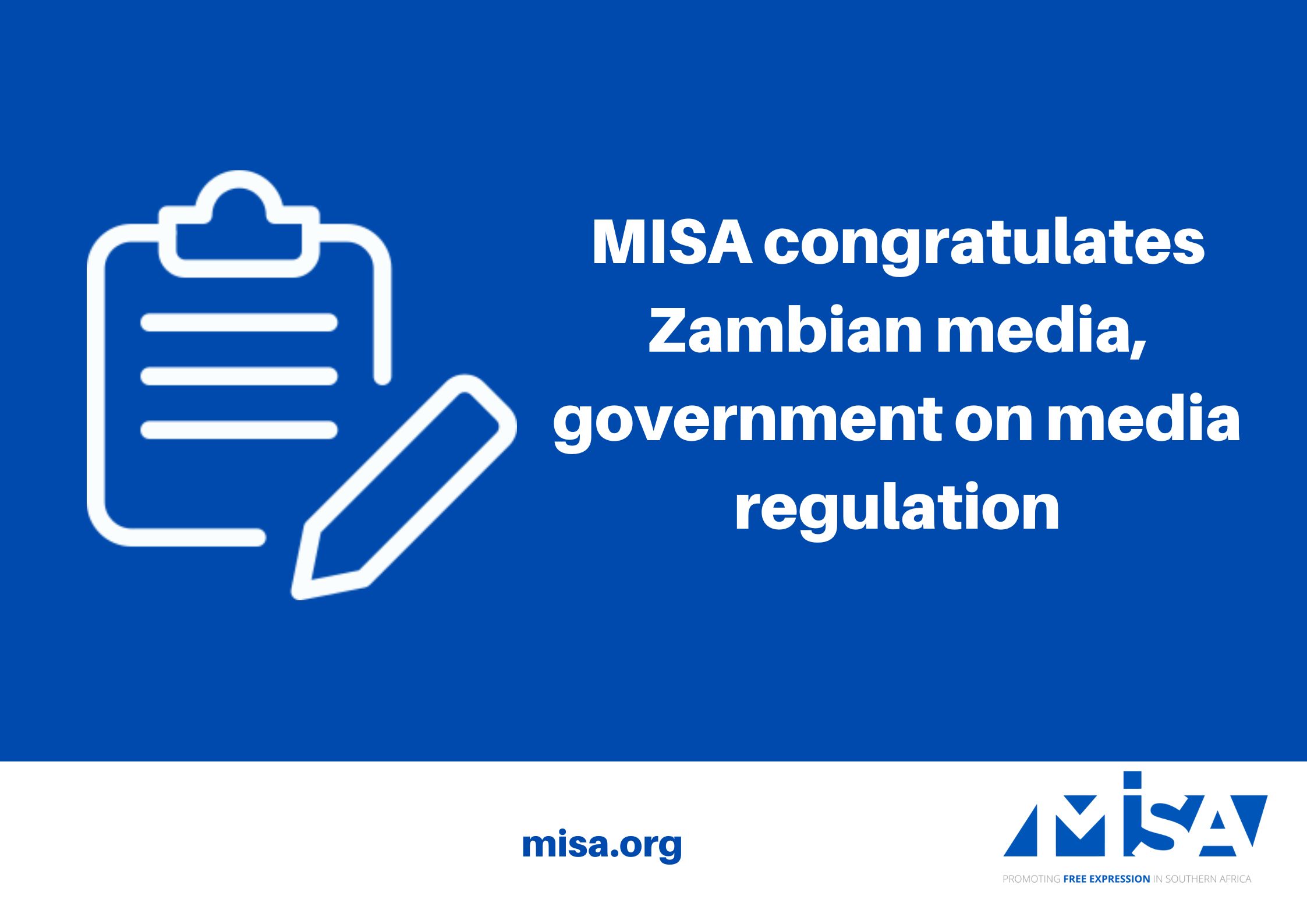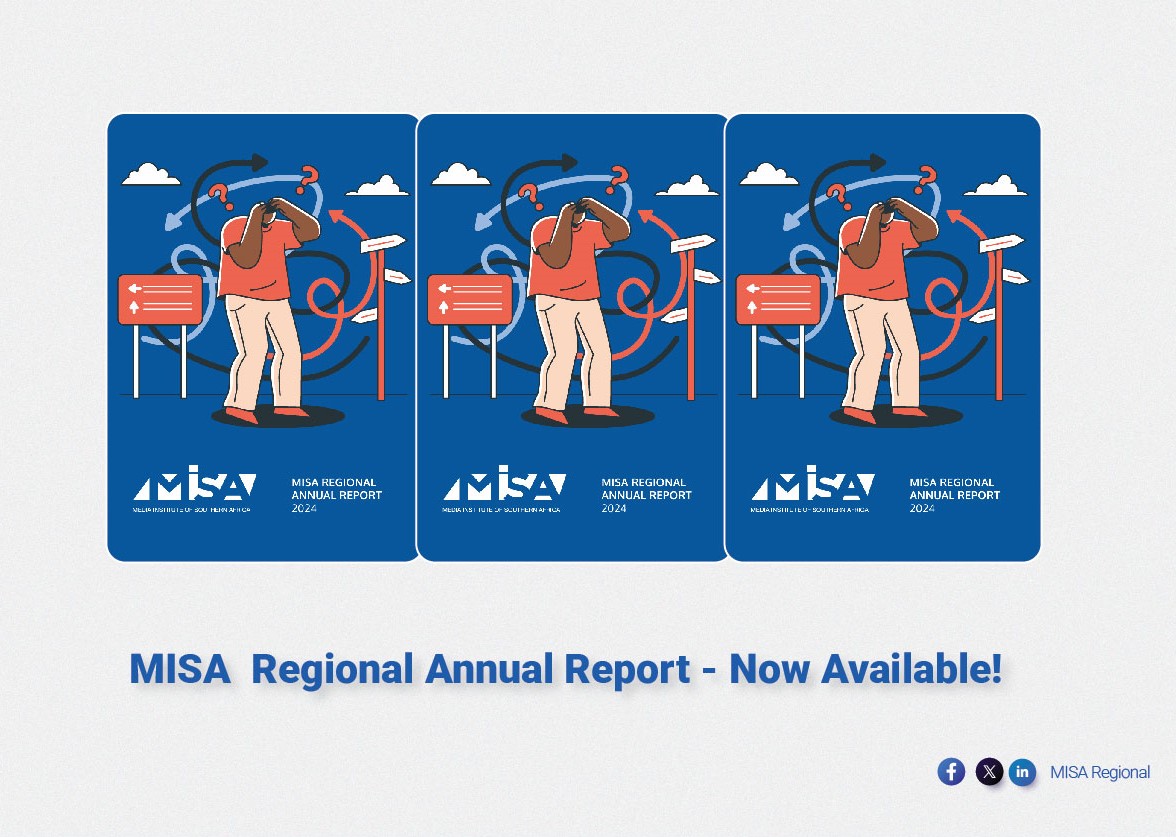12 August 2016
The state media notably The Herald, The Sunday Mail and the Zimbabwe Broadcasting Corporation having been reporting on warnings issued by government and senior security officials against cyber terrorism and terrorists.
The state media has even gone to the extent of naming and exposing some of the alleged ‘cyber-terrorists’.
This comes on the background of incessant protests in the country and increased utilisation and access to social media platforms by citizens sharing information on the declining socio-economic and political situation in the country.
Some of the reported warnings have been issued by the Commander of the Zimbabwe Defence Forces General Constantino Chiwenga, Police Commissioner General Augustine Chihuri and Army Commander Lieutenant General Valerio Sibanda, against citizens ‘abusing’ social media to share information and organise the protests.
These reports give the impression that the production of subversive, inflammatory and inciting messages shared via social media is cyber-terrorism. This definition is misleading and is of particular concern to MISA Zimbabwe given that the country is in the process of pushing for enactment of the Computer Crime and Cyber Crime Bill.
What the state media is referring to as cyber-terrorism is misconduct online or abuse of social media in breach of the country’s contentious laws such as the Criminal Law (Codification and Reform Act), the Interception of Communications Act and Postal and Telecommunications Act (PTA), among others, which the government continues to use to stifle free expression and opinion.
This continuous misleading of the citizenry on what constitutes cyber terrorism is aimed at instilling fear and self-censorship among citizens when exercising their rights to free expression, access to information and freedom of conscience.
It is therefore necessary for citizens to be adequately informed on what exactly constitutes and defines cyber-terrorism.
Cyber-terrorism refers to crimes that are committed through the facilitation of a computer or online by sending computer viruses with the intention to destroy, damage disrupt or harm vital computer systems, critical infrastructure and innocent civilians.
For instance, expressing one’s intentions to shoot or cause a war through a computer is simply terrorism and not cyber terrorism. That disjuncture and contradistinction should be made very clear at law.
This is of imperative importance particularly now when the government through its proposed Computer and Cyber Crime laws is widely perceived as keen on curbing freedom of expression and access to information online.
End





